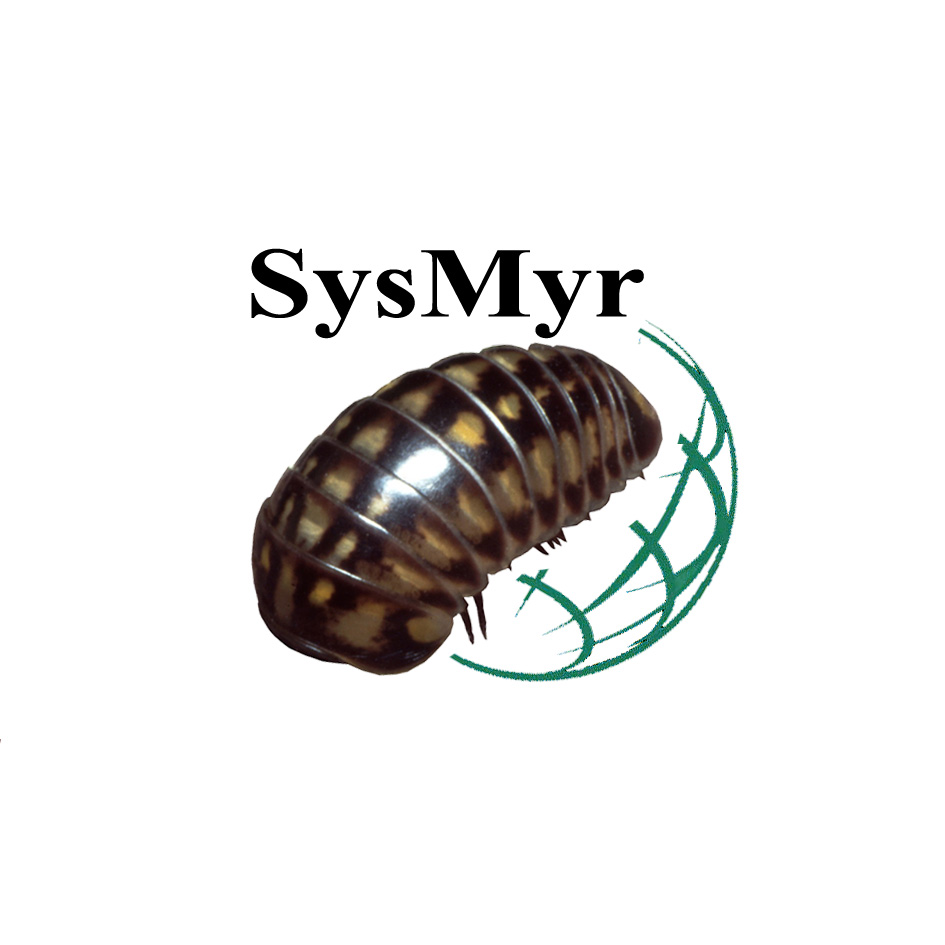The node "Evertebrata II" of GBIF Germany.
The total number of described species on Earth has been estimated at 1,7 million. More than 1,5 billion specimens have been gathered over the last 250 years. Most of these specimens are held in natural history museums all over the world, additionally further millions of biodiversity data are allocated in research facilities, databases and publications. However a large part of this valuable information is inaccessible and can not be used effectively.
Objectives of the GBIF Initiative
In order to make the worlds' biodiversity data freely and universally available via the Internet, the Global Biodiversity Information Facility (GBIF) has the objective to digitise and network this data information. Scientist of more than 47 countries and 31 international organizations are participating and supporting the setup of databases that will be integrated into the international GBIF-System. The international GBIF Data Portal now provides access to more than 100 million biodiversity records from 188 data providers.
Organisational Structure of GBIF-Germany
As one of the founder of GBIF, Germany makes a substantial annual contribution to support the running of the international GBIF Secretariat and the GBIF work programme. Seven Nodes form GBIF-Germany (GBIF-D), each responsible for a range of taxonomic groups.
The node "Evertebrata2"
The node "Evertebrata II" of GBIF-D is responsible for the animal groups Mollusca, Chelicerata and Myriapoda. It provides various information about these groups of animals, especially information about the location of type material in German museums.
The GBIF-D node "Evertebtrata II" is located at the Bavarian State Collection of Zoology.
 New: data synchonisation of Millibase with the
New: data synchonisation of Millibase with the